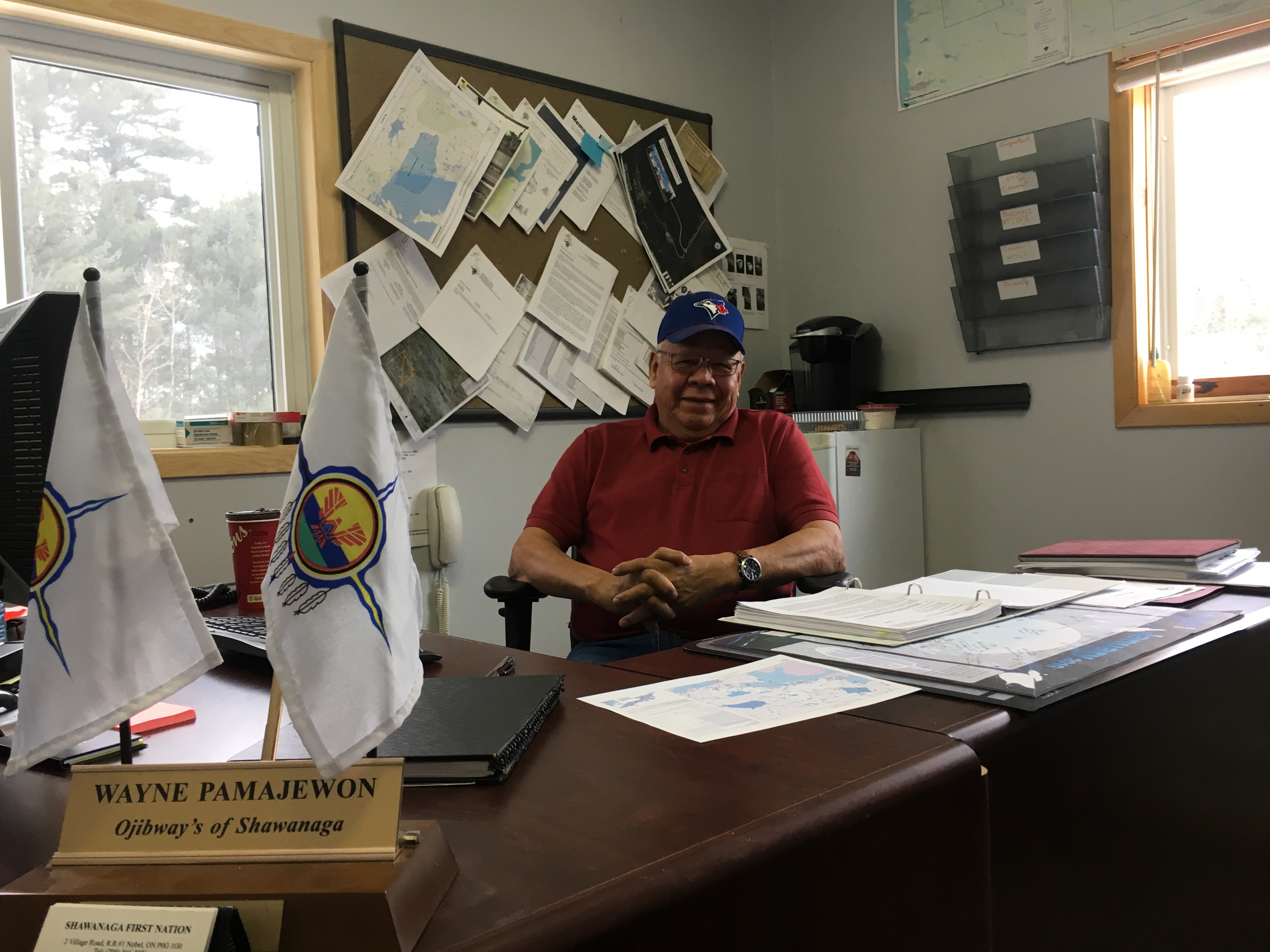The federal government has decided not to appeal Justice Patricia Hennessy’s decision on the Robinson-Huron Treaty annuities case.
On December 21st, the judge ruled there was a deficiency in annuities owed since 1874.
The Robinson-Huron Treaty includes twenty-one First Nations in northern Ontario whose members have been collecting $4 each per year. That includes Henvey Inlet, Wausauksing, Magnetawan and Shawanaga First Nations.
The Robinson Huron Treaty Litigation Committee says it is pleased that Canada and Ontario have indicated their desire to negotiate a resolution of the claim of the Robinson Huron Treaty to a fair share of the resource revenues within the Robinson-Huron Treaty territory. In her judgement Justice Hennessy wrote:
“I find that the Crown has a mandatory and reviewable obligation to increase the Treaties’ annuities when the economic circumstances warrant. The economic circumstances will trigger an increase to the annuities if the net Crown resource-based revenues permit the Crown to increase the annuities without incurring a loss. The principle of the honour of the Crown and the doctrine of the fiduciary duty imposed on the Crown the obligation to diligently implement the Treaties’ promise to achieve their purpose (i.e. of reflecting the value of the territories in the annuities) and other related justiciable duties.”
The Ontario government wants to maintain the ability to appeal the decision of Justice Hennessy including the decision on costs.
Chief Wayne Pamajewon of Shawanaga First Nation says that he is happy that the federal government has chosen to negotiate
“Our leaders of the past recognised that our territory was valuable and they knew that. That’s why that agreement was put in place. If anybody else was purchasing land from someone else in Ontario, they get a fair shake,” Chief Pamajewon said.
“I think we have to go back and do our homework. Records were kept from back in the day and I’m sure they’re not all available but I would think and hope that the Ontatio government has been keeping tabs on what’s been going on for the last 100 years and that they would be able to arrive at a figure of what is agreeable. We agreed to share and when someone shares something, that’s almost half,” the Cheif said.
The judgement does provide direction on the necessary approach to achieve reconciliation:
“The Anishinaabe and the Crown now have an opportunity to determine what role those historic promises will play in shaping their modern treaty relationship. The pressures they faced in 1850 will continue to challenge them. However, in 1850 the Crown and the Anishinaabe shared a vision that the Anishinaabe and the settler society could continue to co-exist in a mutually respectful and beneficial relationship going into the future. Today, we arrive at that point in the relationship again. It is therefore incumbent on the parties to renew their treaty relationship now and in the future.”
The judgement points out that the treaty relationship is long term and does reflect the perspectives and laws of the parties:
The Plaintiffs remind the court that the Anishinaabe Chiefs and leaders came to the Treaty Council to secure a treaty that was consistent with their long-term relationship with the Crown, which was characterized by the Anishinaabe principles of respect, reciprocity, responsibility, and renewal. From the Anishinaabe perspective, the central goal of the treaty was to renew their relationship with the Crown, which was grounded in the Covenant Chain alliance and visually represented on wampum belts with images of two figures holding hands as part of two links in a chain.
The parties will be meeting soon to discuss the way forward on negotiations.
This will provide an opportunity to determine if Ontario prefers litigation to negotiations as the preferred method for achieving lasting reconciliation and if Canada can advance rights recognition, respect and partnership with the Robinson-Huron First Nations in the existing treaty relationship.


